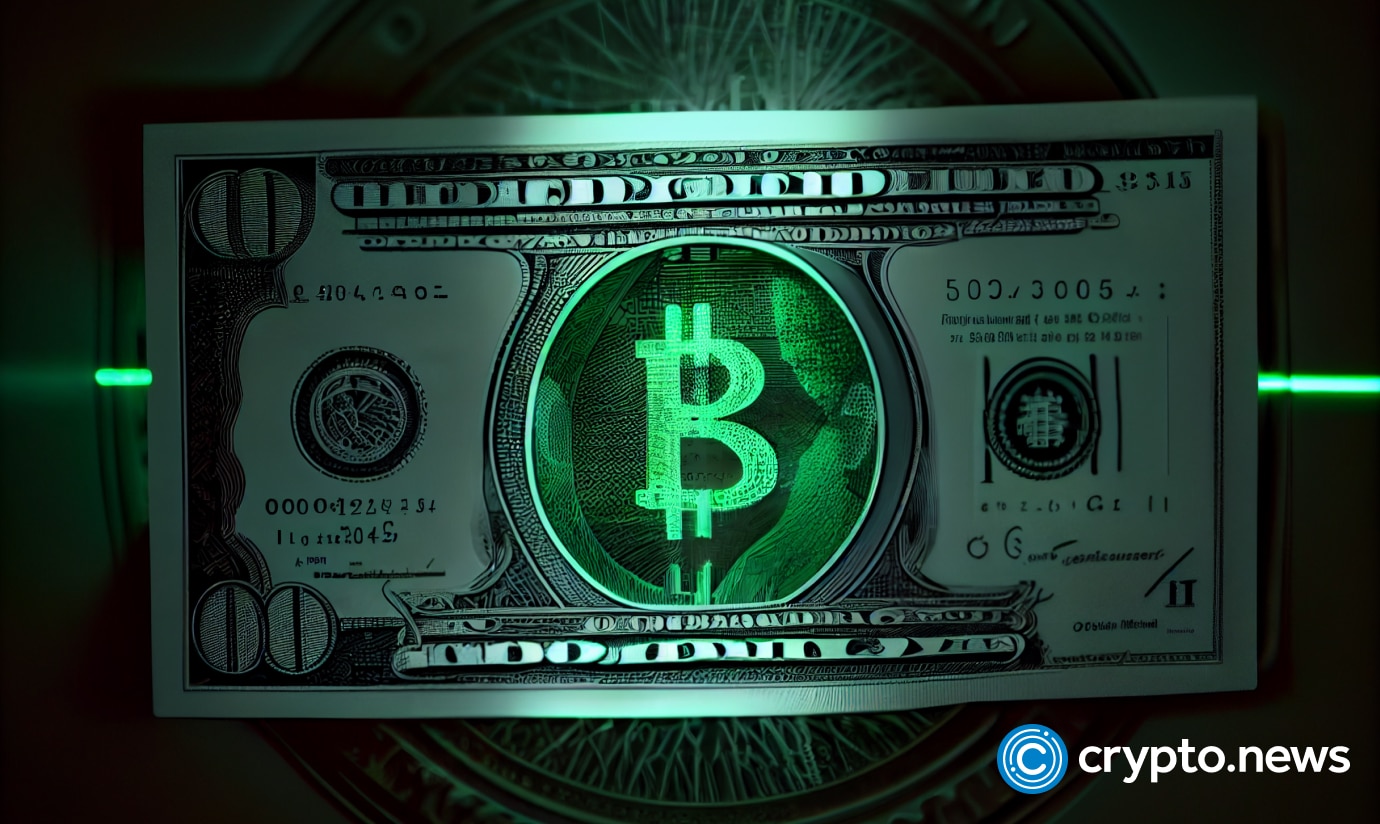2019-2-8 17:52 |
All cryptocurrencies are digital assets but not all digital assets are cryptocurrencies.
It is an important distinction often overlooked by potential investors and casual observers but it can determine which best suits your needs and desires.
CryptocurrenciesThese are the true cryptocurrency assets and include big names such as Bitcoin, Ethereum, Ripple, and EOS, to name a few. Considered digital money, all of these types could potentially function as money by themselves someday.
As data saved on computer hard drives, these “coins” follow specially designed rules within the software, dependent upon the company that wrote the code. It arguably has more efficiency, transparency, and discipline than traditional, physical monies.
The uniqueness comparable to normal money structures (which also save data on their money and transfers on hard drives) is that unlike traditional banking and exchanges, there is no central location of storage owned by a single organization. Its data is replicated and stored on countless participating computers in an almost hack-free way, a process useful for the peer-to-peer verification that blockchain technology boasts. The public blockchains or public distributed ledgers are potentially accessible to everyone and controlled by no single person or entity.
Digital AssetsThe overwhelming majority of digital assets (ICOs) have been total failures or scams and are represented through tokens. Similar to the kinda kid gets a pizza place, it’s nothing more than the equivalent to an expensive donation towards a company where you receive a token in exchange. It offers no stockholders’ rights as a stake in the company and there is no future potential that you can spend it like real money is spent in the world.
Yet from 2017 to 2018, it raised more funds globally than all other venture capital firms.
VariationsCryptocurrency started out as an idea thwarting the mainstream financial industry. Money of the future, free from regulation, gatekeeping through banks, and transparency beholden to all those involved.
But an interesting development has happened. There are cryptocurrency companies that have created a coin specifically for banks. It's namesake? XRP, the product of Ripple.
Ripple offers a hybrid like a solution to the rise in digital coin for banks while solving old problems- transferring money easier at an almost instant rate compared to current transactions and with it, reducing uncertainty through lost currency value. Banks can purchase XRP, transfer it digitally to another bank, at which time the second bank receives the funds. No waiting for days.
Accomplished through the use of blockchain, it still holds a verification system that cryptocurrency lovers can grasp while maintaining trustworthiness and stability that banks can get behind. It is currently being adopted in several banking systems across the world.
This difference between the normal coin and the institutionalized coin can also weigh upon your investment plans, depending upon whether or not you think it is a more viable path or if you believe in the decentralization of cryptocurrency’s original proposed purpose.
Where tokens are concerned, most will always be just that but there are others out there called “special purpose tokens”. These will eventually be actual digital coins in the future and the tokens are presumably to get funding towards that end.
As an example to go by when spotting these special tokens, EOS made this exact move. They used Ethereum to launch a token by an ICO (Initial Coin Offering) in June 2017, raising $4 billion for a coin being released June 2018. Using their own mainnet, Ethereum based tokens were then exchanged for EOS coins and thus a new cryptocurrency was born.
There are also security tokens, created from a disenfranchisement with regular tokens. Once it was clear that tokens gave owners no stake in companies, no protection from theft, and no real rights in the goings on involving that token, the industry created the security token to lure people back into the investment folds.
They have plans to someday create digital common stocks for them and are currently encoding features like investor rights and protections into token software, registering them as if they are securities themselves. There is currently only a handful but the industry appears to be leaning towards making that the norm.
Investment AdviceUnless you have specific reasons and a high knowledge of what you are doing, it is suggested that green investors and those with minimal knowledge on cryptocurrencies in general stick to investing in coin. You are more likely to see returns, more protected from scams and other security threats (along with increasing regulations), and it will operate more like a stock with a potential of becoming spendable money someday. The more high-profile, the better those odds become.
Tokens are simply not for the average person.
origin »Bitcoin price in Telegram @btc_price_every_hour
Digital Rupees (DRS) на Currencies.ru
|
|


















